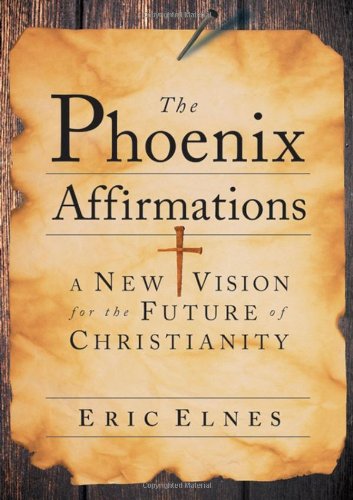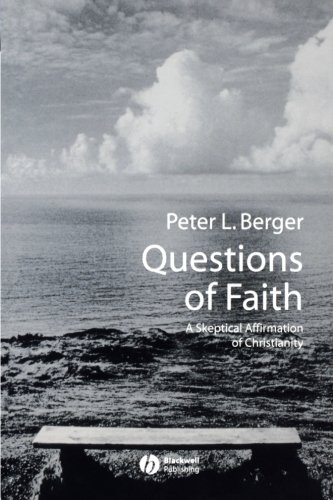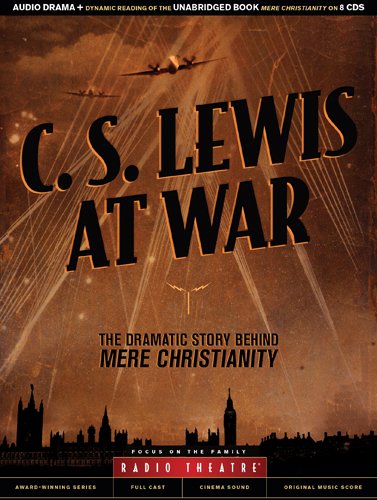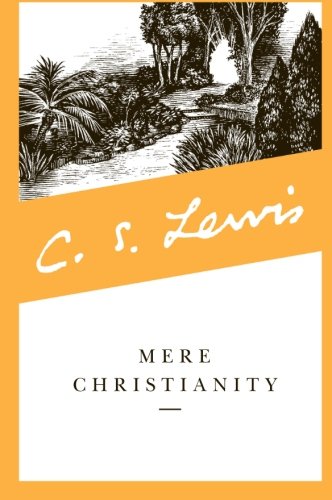
The Phoenix Affirmations, named for the town in which the principles were created and the mythological bird adopted by ancient Christians as a symbol of resurrection, offers disillusioned and spiritually homeless Christians and others a sense of hope and a more tolerant, joyful, and compassionate message than those we often hear from the media and some Christian leaders. These twelve central affirmative principles of Christian faith are built on the three great loves that the Bible reveals: love of God, love of neighbor, and love of self. They reflect commitments to environmental stewardship, social justice, and artistic expression as well as openness to other faiths. Transcending theological and culture wars, inclusive and generous in spirit and practice, these principles ask believers and seekers alike to affirm their Christian faith in a fresh way.



